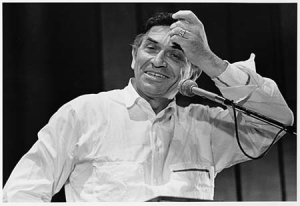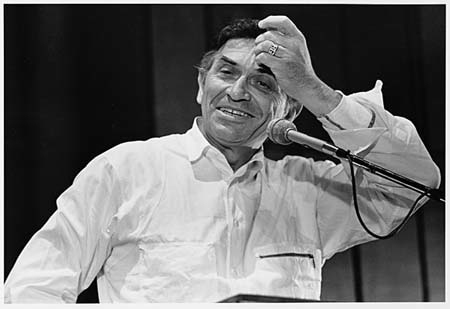
In 1991, legendary rock concert promoter Bill Graham perished in a Northern California helicopter crash at the age of 60. Graham’s will named his longtime friend and business partner, Nicholas Clainos, as executor of his $36 million estate. In 1995, Clainos sold Bill Graham Enterprises, Inc., to some of the business’ former employees, who formed a new company, Bill Graham Presents (BGP).
Graham’s young sons, Alexander and David, found documents that they say show Clainos had raised the company’s sale price, and his own profits, by handing millions of dollars’ worth of music memorabilia over to BGP (including valuable copyrighted poster artwork and the Fillmore Auditorium trademark). The brothers then filed suit accusing Claimos of concealing the sale of these personal and intellectual properties, claiming they rightly belonged to them.
At first, a federal judge dismissed the lawsuit because the statute of limitations had expired. But the Ninth Circuit Court of Appeals reversed that decision on the grounds that the paperwork the brothers received in 1997 failed to mention the sale of the memorabilia, which, they maintain, belong to them because the copyrights were registered in Graham’s name and were therefore part of his personal estate.
This litigious battle rages on, with various parties jockeying for a bigger financial slice of the music magnate’s estate pie. Graham might have averted this expensive infighting by appointing an independent professional or corporate trustee rather than his self-interested business partner. Graham-Sult v. Clainos, Case Nos. 11-6779, 12-15892 (9th Cir., Dec. 27, 2013) (Smith, J.).
About the author:
John O‘Grady, O’Grady Law Group, was the 2012 chair of BASF’s Estate Planning, Trust & Probate Section.





